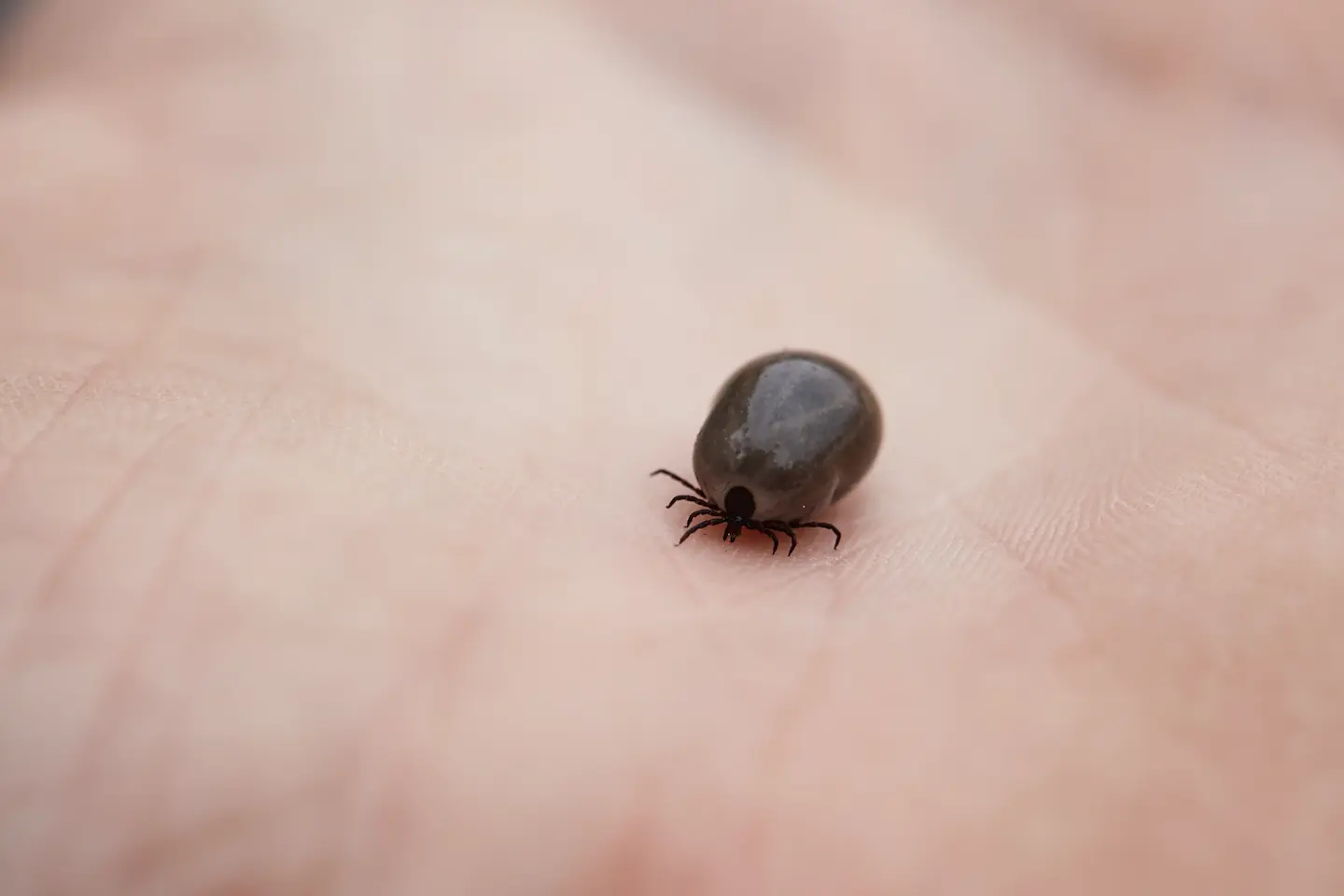
Carola shares her journey of battling Lyme disease and Dysautonomia POTS, offering hope for those with invisible illnesses.
Living with an invisible illness is like navigating a storm that no one else can see. The physical symptoms are challenging enough, but the mental and emotional burdens often remain unspoken. I want to share my journey—not just to shed light on the struggles—but to offer understanding and solidarity to anyone facing similar battles.
The Unseen Impact of Lyme Disease and Multiple Co-Infections
My life took an unexpected turn when I was diagnosed with Lyme disease accompanied by multiple co-infections, including Bartonella and several others. Lyme disease is notorious for its neurological effects, but when compounded with a prior brain injury from a car accident, the impact was profound. These co-infections, particularly Bartonella, have a tendency to target the weaker areas of the body—in my case, my already vulnerable brain.
The neurological symptoms were relentless: brain fog, memory loss, and cognitive impairments that made even simple tasks feel insurmountable. There were days when forming a coherent thought felt like wading through quicksand. The frustration of not being able to trust my own mind was overwhelming.
Dysautonomia and the Long Road to Recovery
As if that weren't enough, I developed dysautonomia—specifically Postural Orthostatic Tachycardia Syndrome (POTS). For two months, I was bedridden, my blood pressure plummeting to as low as 80/42 daily. Standing up felt like scaling a mountain without oxygen. The simplest acts—showering, cooking, walking to the mailbox—became Herculean tasks.
My battle with POTS was a long, arduous journey spanning six years, with symptoms that came and went. Initially, after those two bedridden months, I began to recover slowly. Within four months, I felt relatively good and could manage daily activities again. However, this respite was interrupted when I faced a heartbreaking miscarriage. The emotional toll and stress caused my immune system to plummet, triggering a relapse of my symptoms.
Pregnancy naturally lowers a woman's immune system to protect the developing baby, who carries genetic material from both parents. This immunosuppression prevents the mother's body from rejecting the fetus but can make her more susceptible to infections or exacerbate existing ones. In my case, I went through three pregnancies—two successful and one that ended in miscarriage. Each pregnancy, while a profound blessing, also meant that my immune system was suppressed, allowing co-infections like Bartonella to resurface. Combined with the stress, they caused my symptoms to flare up again, leading to more fainting episodes.
While the journey was incredibly challenging, the joy of now having two beautiful babies is immeasurable. It was a long war—I lost many battles along the way, but in the end, I won. I emerged stronger, healthier, and more determined than ever to help others facing similar struggles.
The mental toll of this prolonged loss of autonomy was immense. I felt trapped in my own body, watching life happen around me while I remained stuck in place. The desperation of not being able to do what others took for granted gnawed at my spirit. Yet, through it all, I held onto hope that one day I would overcome these challenges.
Anxiety, Panic, and the Fear of the Unknown
Every outing was a calculated risk. Getting into a car alone to run a small errand induced sheer panic. The thought of traveling alone was paralyzing. I remember boarding a plane, heart pounding, armed with electrolyte supplements, coffee, salt, and a soda—anything to keep my blood pressure from dropping. The entire three-hour flight was a battle against my own body. The fear of fainting next to a stranger, worrying they might call 911 or administer unwanted medical aid, was a constant companion.
When I did faint, the experience was terrifying. Losing control of your bodily functions feels like slipping away from life itself. It's a sensation I've discussed with many clients who suffer from severe dysautonomia or POTS, and it's universally described as feeling close to death.
Common Mental and Emotional Symptoms of Chronic Illness
Through my journey and conversations with others, I've found that many people facing chronic illnesses experience similar mental and emotional challenges:
Why I'm Sharing My Story
I'm sharing this not for sympathy, but to reach out to those who might be feeling alone in their struggles. My experiences with Lyme disease, Bartonella, and other co-infections led me to create Wellhistic—a platform dedicated to acknowledging and addressing the multifaceted challenges of chronic illness. I want to be a voice and a resource for those who, like me, have felt unseen and unheard.
Finding Strength Amidst Struggle
Despite the overwhelming challenges, I've learned that there is strength to be found in vulnerability. Admitting that you're not okay is the first step toward healing. Connecting with others who understand your journey can provide immense comfort and validation.
You're Not Alone
To anyone grappling with the mental and emotional weight of chronic illness:
Moving Forward Together
My journey is ongoing, and while there are still challenging days, I've found purpose in helping others navigate their paths. Wellhistic is more than a platform—it's a community. Together, we can share resources, offer support, and remind each other that we are more than our illnesses.
Final Thoughts
Living with an invisible illness is a complex interplay of physical symptoms and mental struggles. By bringing these issues to light, we can break down the stigma and build a supportive community. Remember, you are not defined by your illness, and you are not alone in this journey.
Join the Conversation
I invite you to share your experiences, challenges, and triumphs. Let's support one another in navigating the silent storms we face. Together, we can turn our vulnerabilities into strengths and our isolation into connection.
Resources for Support
Stay Connected with Wellhistic
If you're seeking a community that understands and resources that can help, follow Wellhistic for ongoing support and information. Let's walk this path together, turning our challenges into a source of collective strength.